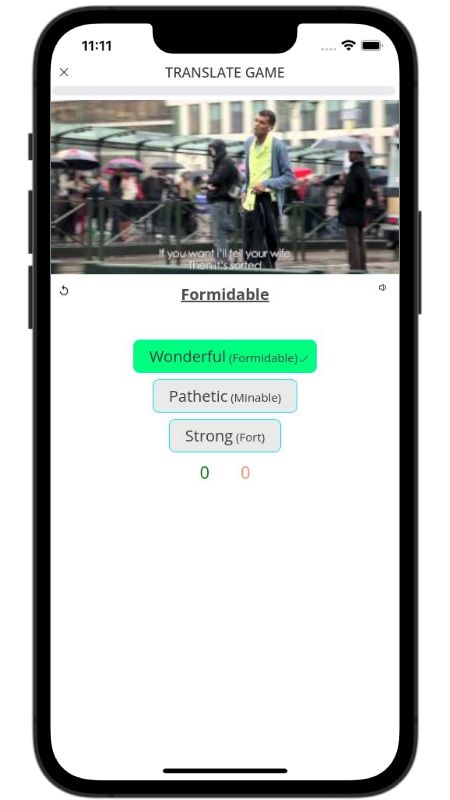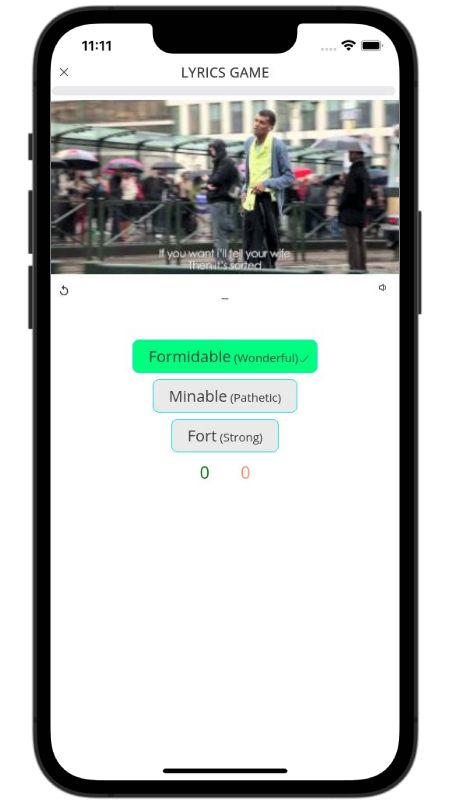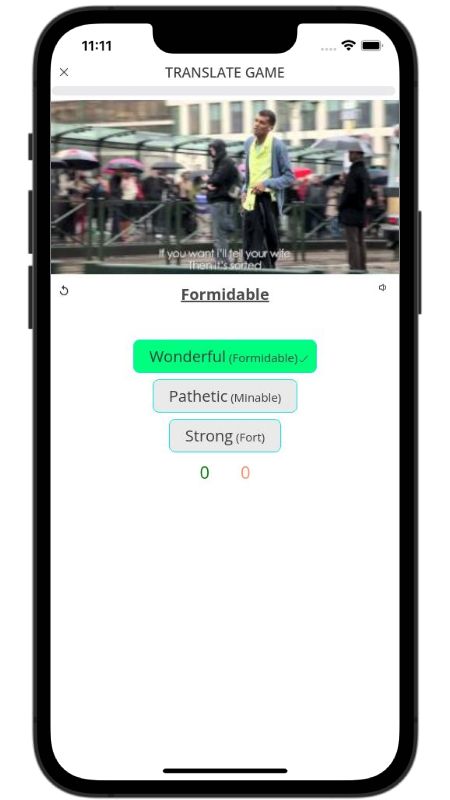La Corrida Lyrics in English Francis Cabrel
Below, I translated the lyrics of the song La Corrida by Francis Cabrel from French to English.
Intro
I've been waiting so long
In this dark room
Intro
I hear them having fun and singing
At the end of the hallway
Intro
Someone moved the lock
And I dove into broad daylight
Intro
I saw the brass bands, the fences
And the people around
At first I thought
I just had to defend myself
But this place has no way out
I'm starting to understand
They closed up behind me
They were afraid I'd back out
I'll end up getting him
That ridiculous dancer
Is this world for real
Is this world for real
Andalusia, I remember
The meadows lined with cactus
I won't tremble
Before this puppet, this runt
I'll grab him, him and his hat
Spin them like a sun
Tonight the bullfighter's wife
Will sleep without a worry
Is this world for real
Is this world for real
I've chased plenty of ghosts
Almost touched their slippers
They hit me hard in the neck
To make me bow
Where do these acrobats come from
With their paper costumes
I never learned to fight
Against dolls
Feeling the sand under my head
It's crazy how good that can feel
I prayed for it all to stop
Andalusia, I remember
I hear them laughing while I groan
I see them dance as I collapse
I didn't think you could
Have so much fun around a grave
Is this world for real
Is this world for real
Outro
Yes, yes man, man
Dance, dance
We have to dance again
And we'll kill others
Other lives, and other bulls
And we'll kill others
Come on, come dance
And we'll kill others
Lyrics and Translations Licensed & Provided by LyricFind
Lyrics © Salut Ô Éditions, SO2 Édition, Quatryo Éditions
Francis Cabrel
Did you like this lyrics translation?
Did you know?
In addition to reading lyric translations, you can now learn French with music and lyrics from your favorite artists.
No more boring lessons. You can now learn with engaging and culturally relevant lyrics from the best artists.
Apple and App Store are trademarks of Apple Inc.
Google Play and the Google Play logo are trademarks of Google LLC.
MORE FRANCIS CABREL
iOS AppAndroid AppWeb LessonsFree PDF WorksheetsJoin ClassroomLyrics TranslationBlogAbout UsBuy as GiftLifetime











